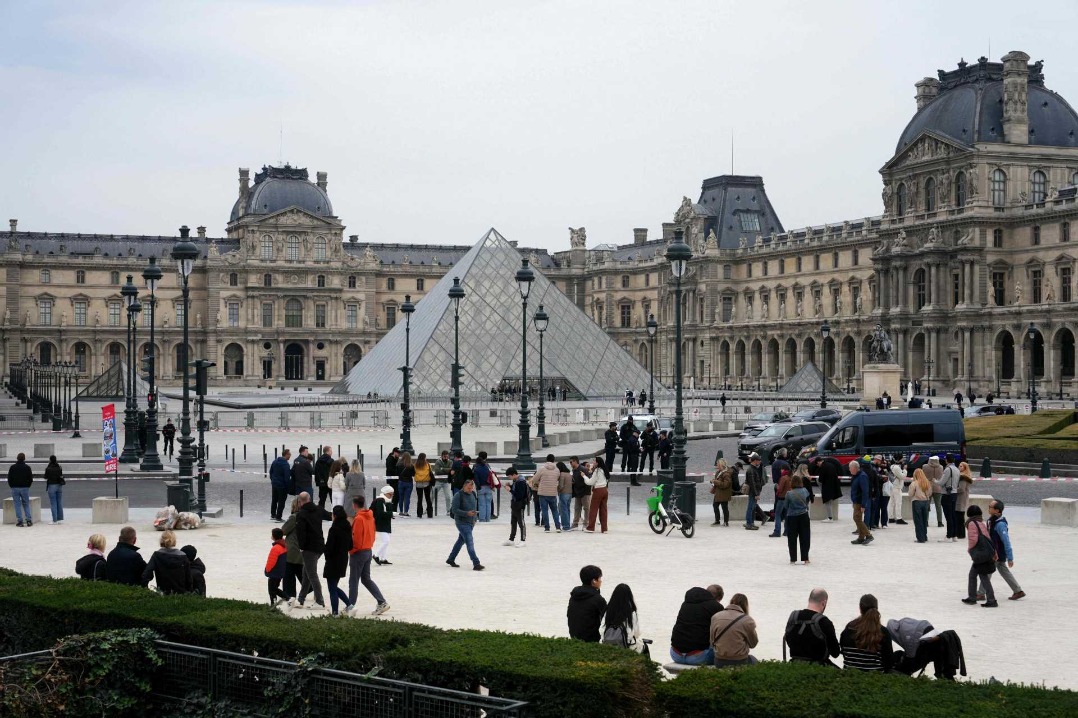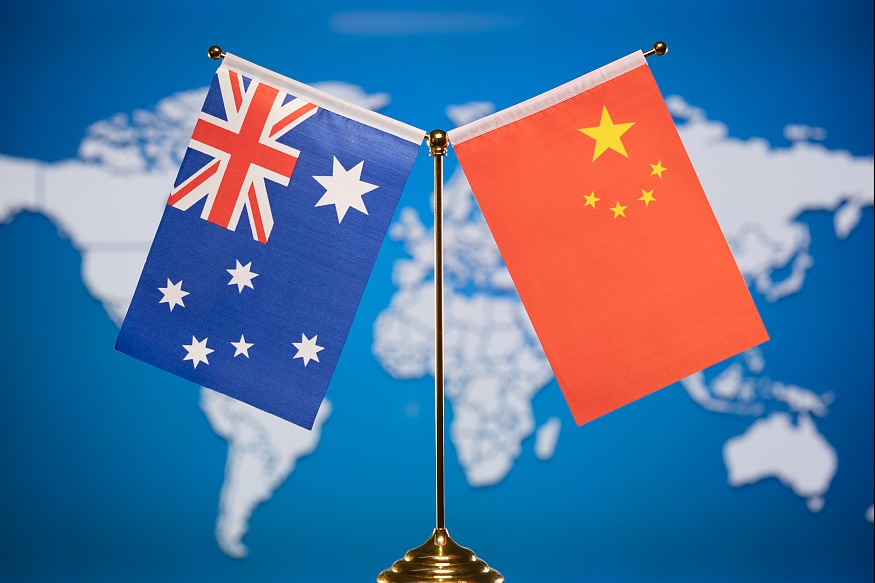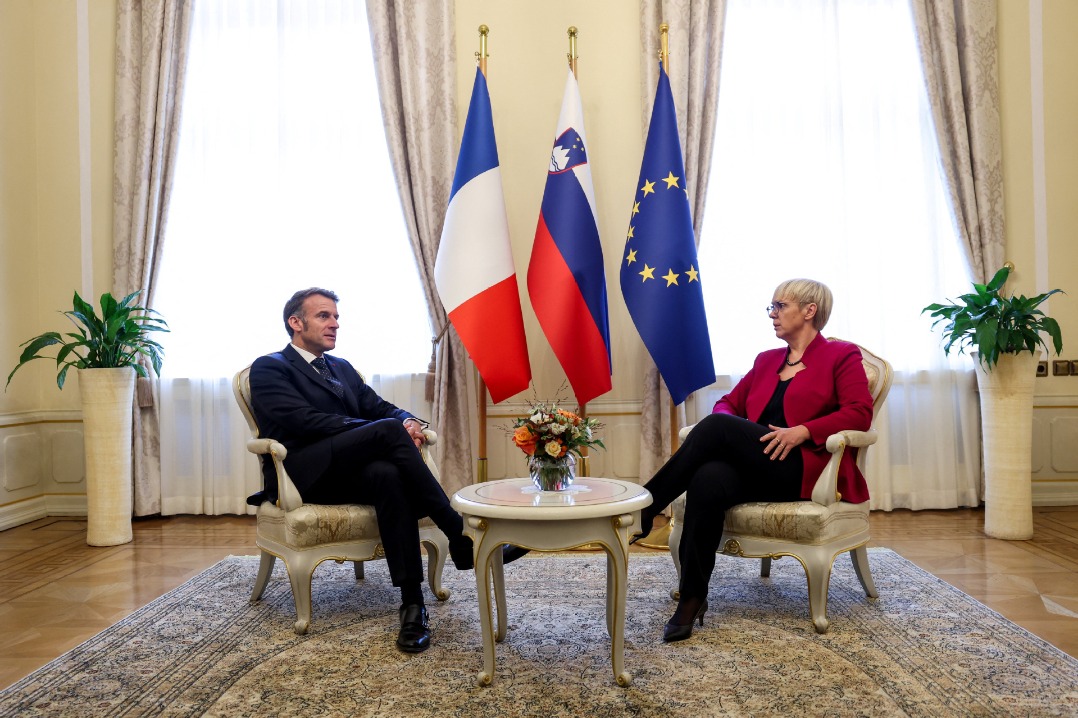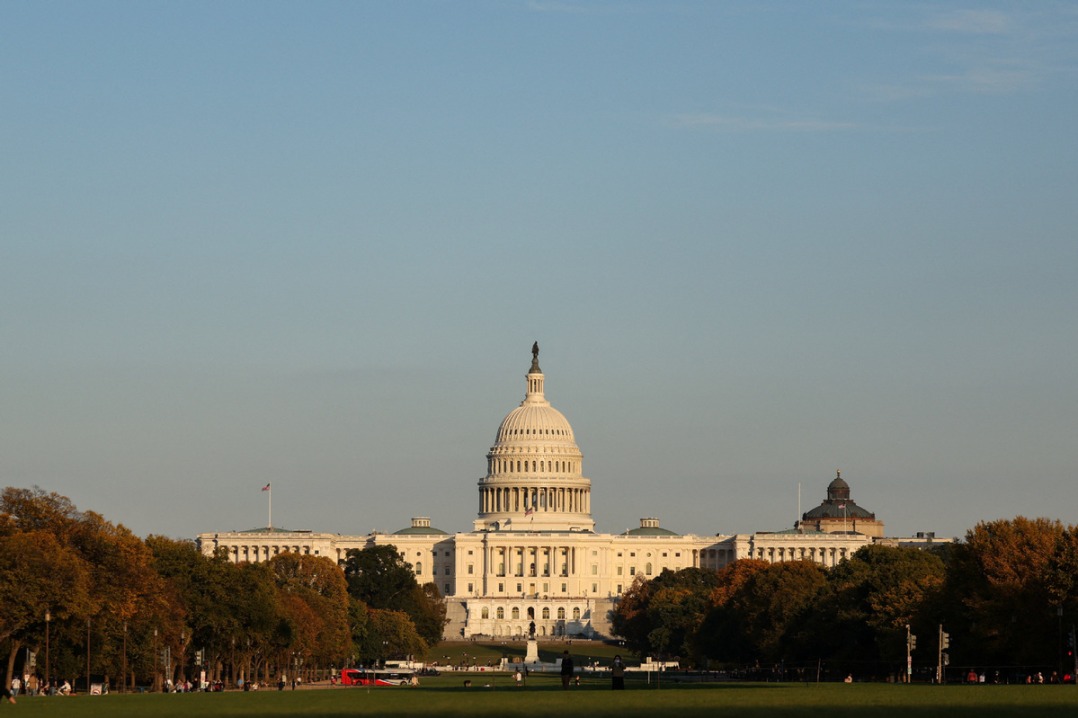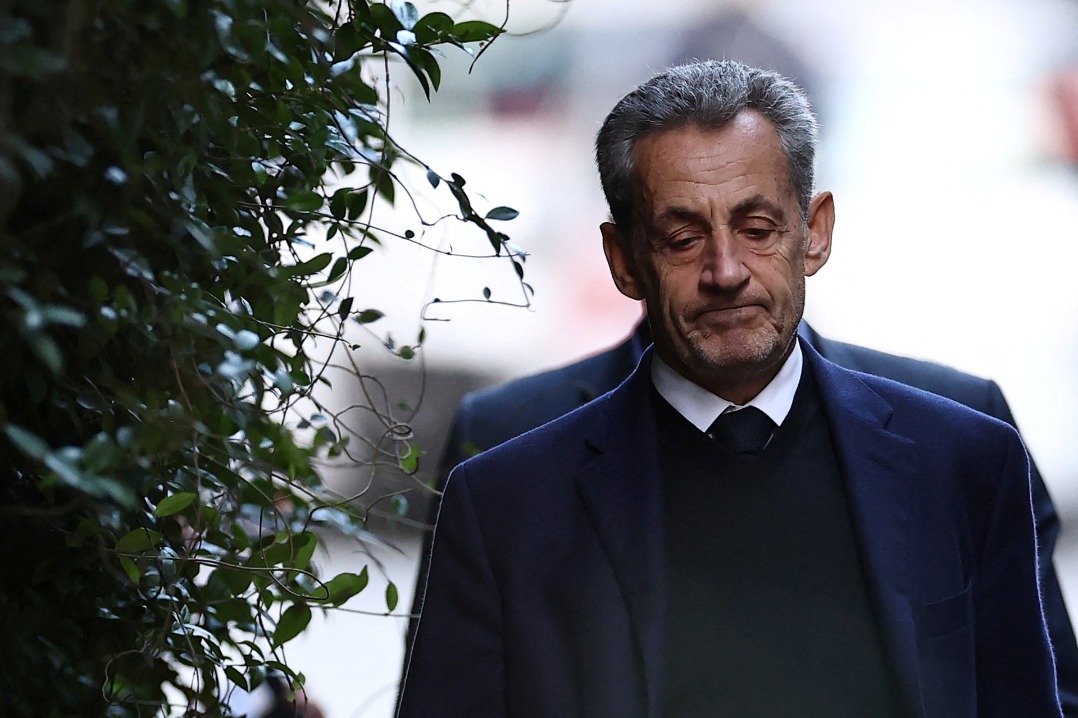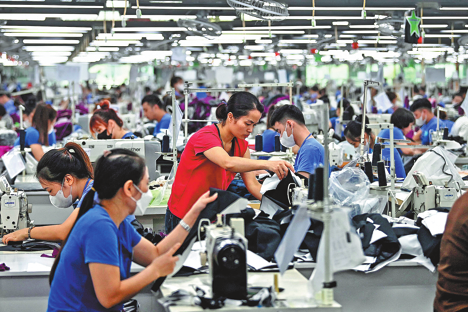Big challenges await Japan's next emperor


The Japanese monarch is the only one in the world today to hold the title "Emperor".
The current monarch, Emperor Akihito, is set to be the first emperor in over 200 years to abdicate the throne. On May 1, Crown Prince Naruhito will ascend the throne as the 126th emperor of Japan.
Emperor Akihito is extremely proud of the peace his reign has witnessed. If anything, this "peace" is the zeitgeist, or national essence, that has come to define his reign.
According to the Japanese Constitution, the role of the monarch is a purely symbolic one, but this has arguably increased the political importance of the emperor to the nation and the state.
Emperor Akihito has often spoken out about the need to hold the correct view of history, conveying a subtle reminder to those who have professed to hold power in his name to check their right-wing tendencies. He is seen by many as the protector of pacifism in Japan and the moderator of state nationalism.
The emperor-to-be also has spoken out on the need to pay close attention to history.
By all accounts, the crown prince embodies the qualities that would make him an exceptional sovereign. Educated at Gakushuin University in Tokyo, one of Japan's most prestigious universities, and Merton College at the University of Oxford in the UK, he traveled widely before returning to Japan.
Naruhito is said to be extremely humble, caring and protective of his family. He has hinted that he intends to pay close attention to the current emperor's teachings and leanings in the future.
One of his biggest challenges at home might be to protect and continue his father's legacy of peace.
There is every chance his efforts would be supported by the retiring Emperor Akihito.
Naruhito's reign will be known as the "Reiwa" era.
Prime Minister Shinzo Abe has emphasized that the choice of the name was to reflect pride in Japan's uniqueness, and, for the first time, the two Kanji characters were taken directly from Japanese, rather than Chinese, classics.
Derived from the ancient collection of poems collected in Manyoshu (Collection of Ten Thousand Leaves), it is the oldest extant collection of Japanese waka, or poetry. Abe said this name evokes "Japan's long history, rich culture and beautiful nature (and) we will take these characteristics to the next era".
There have been mixed reactions to Abe's comments as most-if not all-understand the difficulty of distinguishing between Chinese and Japanese cultural elements. After all, both the Kanji system of writing and the era-name practice originated in China. Abe's announcement, if anything, adds to the difficulties faced by the new emperor when he ascends the throne.
By all indications, the new emperor will cherish the hard-won pacifism that Japan is famous for, and continue to moderate against right-wing excesses.
The Japanese emperor plays a significant contemporary role in the nationalism and identity of the country's modern era.
Tourists and schoolchildren in Japan are told that the Japanese nation descended from the sun goddess Amterasu, with one of her descendants, Jimmu, installed as the first emperor of Japan in 660 BC. This mythology is presented to foreigners as well as citizens and forms an important element in the narratives of the modern Japanese nation.
Beginning from the reign of the first shogun, or military dictator, Minamoto Yoritomo in 1192, subsequent generations of shoguns all tried to isolate the monarch while professing to hold power in his name. It was not until the Meiji Restoration in 1868 that the sovereignty and powers of the state were restored to the throne as the samurai, or military class, was abolished. The Meiji Constitution spelled out powers of the emperor.
The monarch is therefore a living testament to the spirit of Japan and provides a connection for ordinary folks to Japan's ancient customs and heritage.
As Japan enters the new era, there is every reason to believe that the new monarch will be as forward-looking and wise as the current one.
The author is assistant professor at the Department of Japanese Studies at the University of Hong Kong. The views do not necessarily reflect those of China Daily.
















